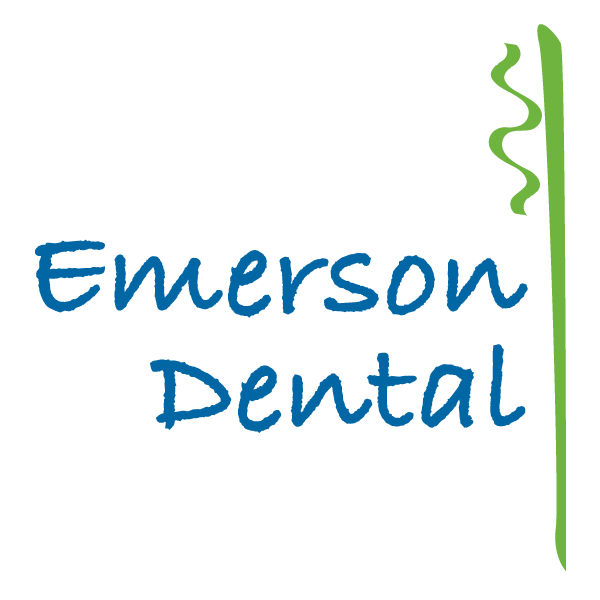A cracked tooth can happen to anyone at any time. But sometimes it is not always obvious that a tooth is cracked. If you can’t see a crack and you didn’t feel a piece of your tooth break off, you may not even know that you have a cracked tooth.
Why does it matter if you can’t see it? Because a cracked tooth is at risk. It needs immediate treatment to prevent an infection and to keep the crack from worsening. A cracked tooth that goes untreated for too long may not be able to be saved and will need to be extracted.
To prevent the loss of a tooth, here are 5 signs to look for that indicate you may have a cracked tooth.
1.Pain That Comes and Goes.
You may feel a toothache for a while, and then it goes away. It is easy to think that the problem is gone when the pain subsides, but next thing you know it’s back. This is a common situation with a cracked tooth. It may not hurt all the time, but if it keeps coming and going, you may have a crack in a tooth somewhere. The pain will usually return to the same area of your mouth, even if you can’t pinpoint which tooth hurts.
2.Extreme or Long Lasting Sensitivity.
A tooth with a crack may be extra sensitive to cold, heat, or sugar. This is because the crack exposes the nerves inside the tooth, allowing foods and beverages to reach the nerves. Even if you have sensitive teeth in general, a cracked tooth may be more sensitive than your other teeth. The sensitive feeling often lingers after the source has been removed.
3.Pain When Chewing.
If you only feel pain when chewing in a certain area of your mouth, it could indicate a cracked tooth. The pressure of chewing on the tooth can open the crack further and expose the nerves, causing discomfort. Avoid chewing on the affected tooth until you have received dental treatment.
4.Swelling Around the Tooth.
A cracked tooth is at high risk of infection. Sometimes the first indication you will have of a cracked tooth is swelling of the gum tissue around the tooth, which is a sign of infection. If your gums are swollen in a certain area of your mouth, or if an abscess forms, a small bump with a white head, your tooth may be infected due to a cracked tooth.
5.Tooth Discoloration.
Another sign of a cracked tooth is discoloration. A crack in a tooth exposes the dental pulp to infection and may cause bleeding inside the tooth. This makes the tooth appear brown or gray from the inside.
Frequently Asked Questions About Cracked Teeth
When is a cracked tooth unable to be saved?
If the crack extends under the gumline there is a much lower chance that the tooth can be saved. This is why it is important to treat a cracked tooth as soon as possible to prevent it from spreading.
Is it better to have a cracked tooth extracted?
We believe that saving the natural tooth is almost always the best option. If the tooth can be saved, you can save money by avoiding a more expensive tooth replacement. Your natural tooth will function and look better than leaving a gap or getting a prosthetic.
Treatment for a Cracked Tooth
If you have any of the above symptoms, contact Emerson Dental right away. A cracked tooth needs immediate treatment to prevent infection and stop the crack from worsening. Prompt treatment gives us the best chance of saving your tooth. Most cracked teeth can be treated with a root canal and a crown.
Contact us today to learn more and schedule an appointment.

